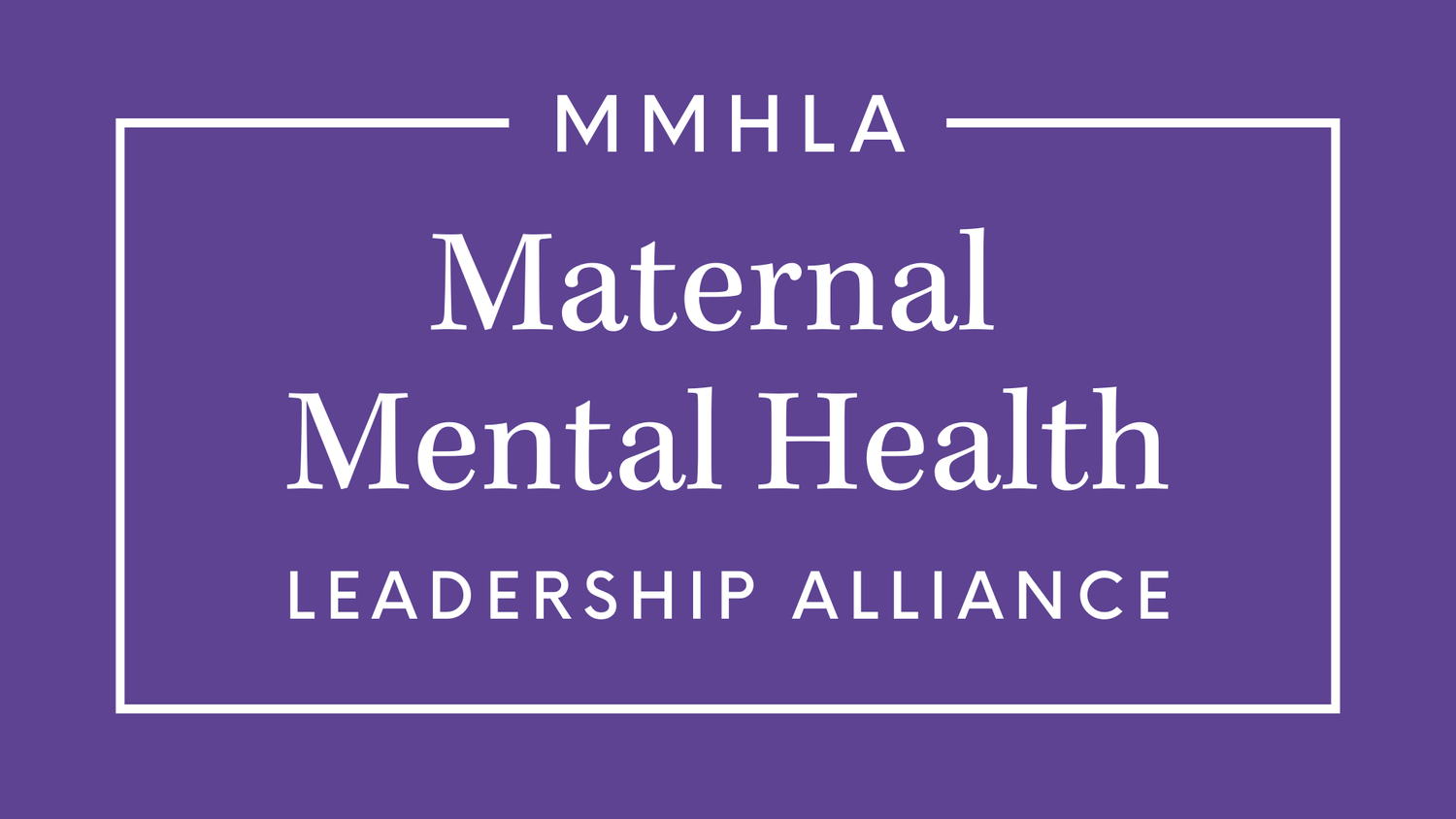The One Big Beautiful Bill Act (OBBBA) and its Impact on Maternal Mental Health
On July 4, 2025, the One Big Beautiful Bill Act (OBBBA) was signed into law, establishing numerous tax and spending policies over multiple domains, including staggering cuts in federal spending on health care. OBBBA calls for cutting Medicaid by nearly $1 trillion over the next ten years, posing a direct and imminent threat to the health and wellbeing of our nation’s pregnant women, new mothers, and their families.
Medicaid requires all states to provide coverage for low-income women during pregnancy, and currently pays for 42% of all births in the United States, including 50% of births in rural communities and 60% of births to women of color. In addition, 48 states have chosen to maintain Medicaid coverage for a full year following pregnancy to ensure continued access to care and to address the distressingly high rate of maternal mortality in the United States.
Proposed changes to Medicaid — reducing federal funding, increasing administrative requirements, and dismantling key protections — could cause states to scale back or discontinue postpartum care altogether, leaving new mothers without healthcare coverage during the most vulnerable time in their lives. As states bear increased costs for care, they may eliminate recently-established programs that aim to improve maternal health outcomes, such as providing coverage for doulas and home visitors or integrating mental health and substance use disorder treatment. These changes will disproportionately harm Black, Indigenous, and rural communities, worsening already deep maternal health care disparities.
Changes to Medicaid will likely impact programs addressing maternal mental health and substance use disorders, which are a leading cause of maternal deaths, just as these programs are proving to be effective. For example, a new study shows that Medicaid reimbursement for maternal mental health screenings is effective at increasing rates of detection, diagnosis, and treatment among mothers in the year following childbirth.
According to Adrienne Griffen, Executive Director of Maternal Mental Health Leadership Alliance, “OBBBA dismantles years of bipartisan progress in maternal health. Proven life-saving strategies — such as extending postpartum coverage, integrating mental health services, and investing in doulas and home visiting programs — are now at risk. OBBBA will widen disparities and unravel cost-effective care systems that are just beginning to show positive results.”
Subscribe to MMHLA’s newsletter to stay up-to-date about maternal mental health policies and programs.
STAY IN TOUCH
